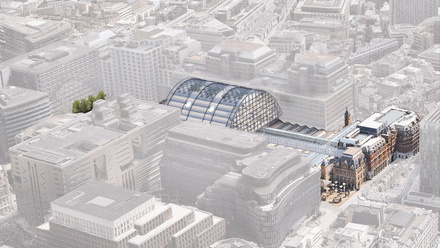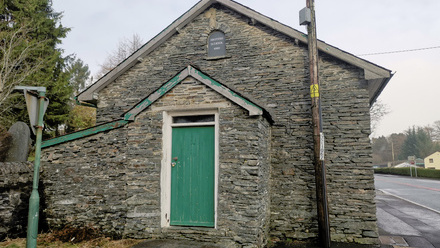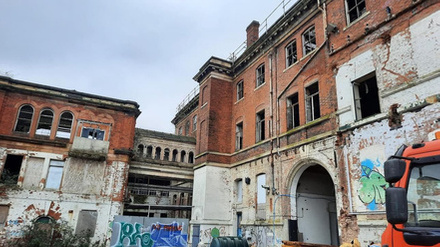Listed Buildings and Casework News: redesignation for Eastward Farm
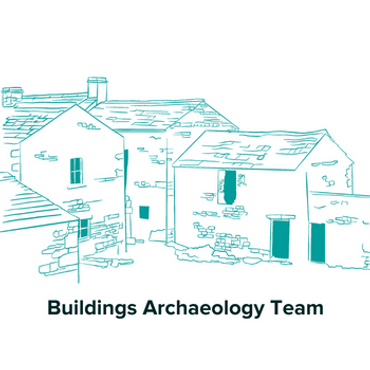
As a national amenity society, the Council for British Archaeology (CBA) assesses hundreds of applications for proposed changes to the historic environment each week. Our criteria for commenting centres around a site’s archaeological interest, or evidential value. As a result, we often comment on multi-phased buildings, which contain considerable quantities of archaeological interest about how past people have lived and worked at a site, adapting them with changes in technologies, fashions, wants and needs.
In early 2022 an application for Eastward Farm in the Lake District landed in our inbox. It is an exceptionally well-preserved site, with many layers going back to at least the 17th century and evidence for a substantial 18th century expansion, all illustrating the ways of life and agricultural practices that have typified the Lake District for centuries.
Eastward Farm presents a challenge that is familiar to those of us who are familiar with rural heritage – a site which has been in the same family, either tenanted or owner-occupied, for generations until its sale and then the risk of alterations which – however well-intentioned – risk cumulative harm to the site’s historical and archaeological interest. In this case, new owners have applied to upgrade the site into a single holiday unit and are prepared to make a considerable investment in conserving historic fabric and sympathetically bringing Eastward Farm into the 21st century.
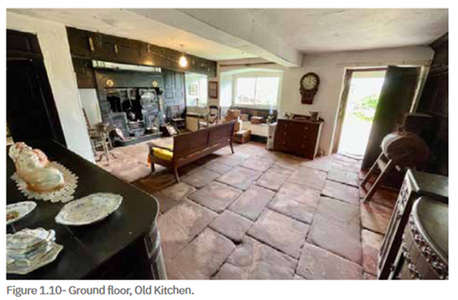
The CBA felt that the listing of the farmhouse with its attached barns at grade II, the most common listing grade which affects 92% of buildings on the statutory list, did not adequately capture its outstanding degree of preservation and interest. In order for a balanced planning judgement to be proportional to Eastward Farm’s historical and archaeological interest the CBA applied to Historic England for the site’s designation to be reassessed.
Historic England have since carried out a full inspection and the secretary of state has decided to amend Eastward Farm’s designation to Grade II*, which will ensure that works to upgrade the site will be proportionate to its outstanding historical and archaeological interest. The CBA’s hope is that a Level 4 Building Recording of the site (Understanding Historic Buildings: A Guide to Good Recording Practice, Historic England, 2009) will inform a revised scheme that retains more of the extant fabric and character as a proportionate response to Eastward Farm’s significance and potential for sensitive adaptation.

